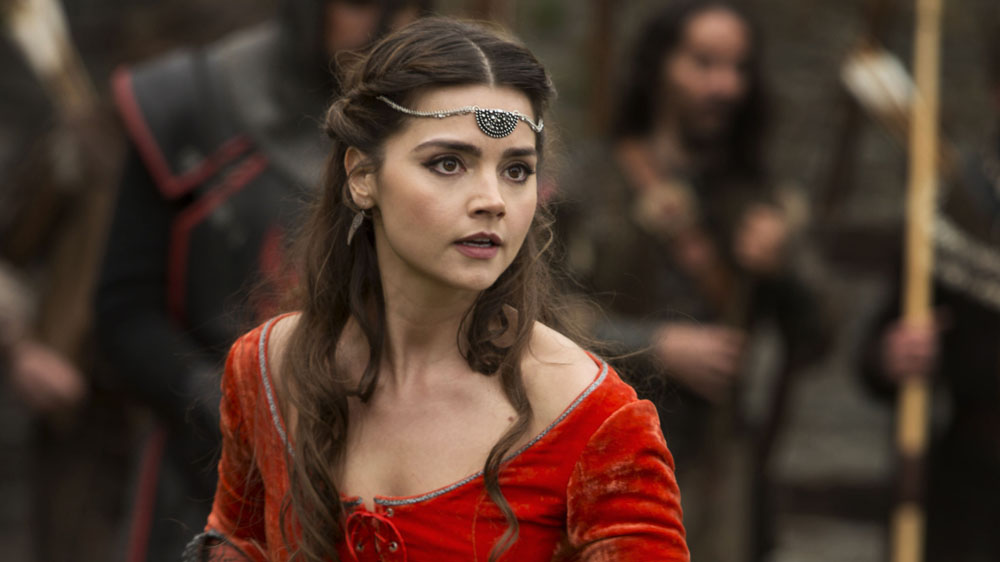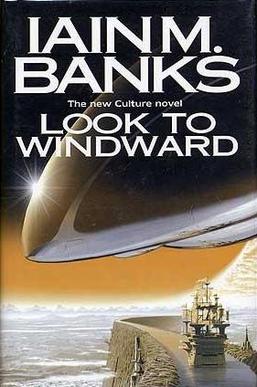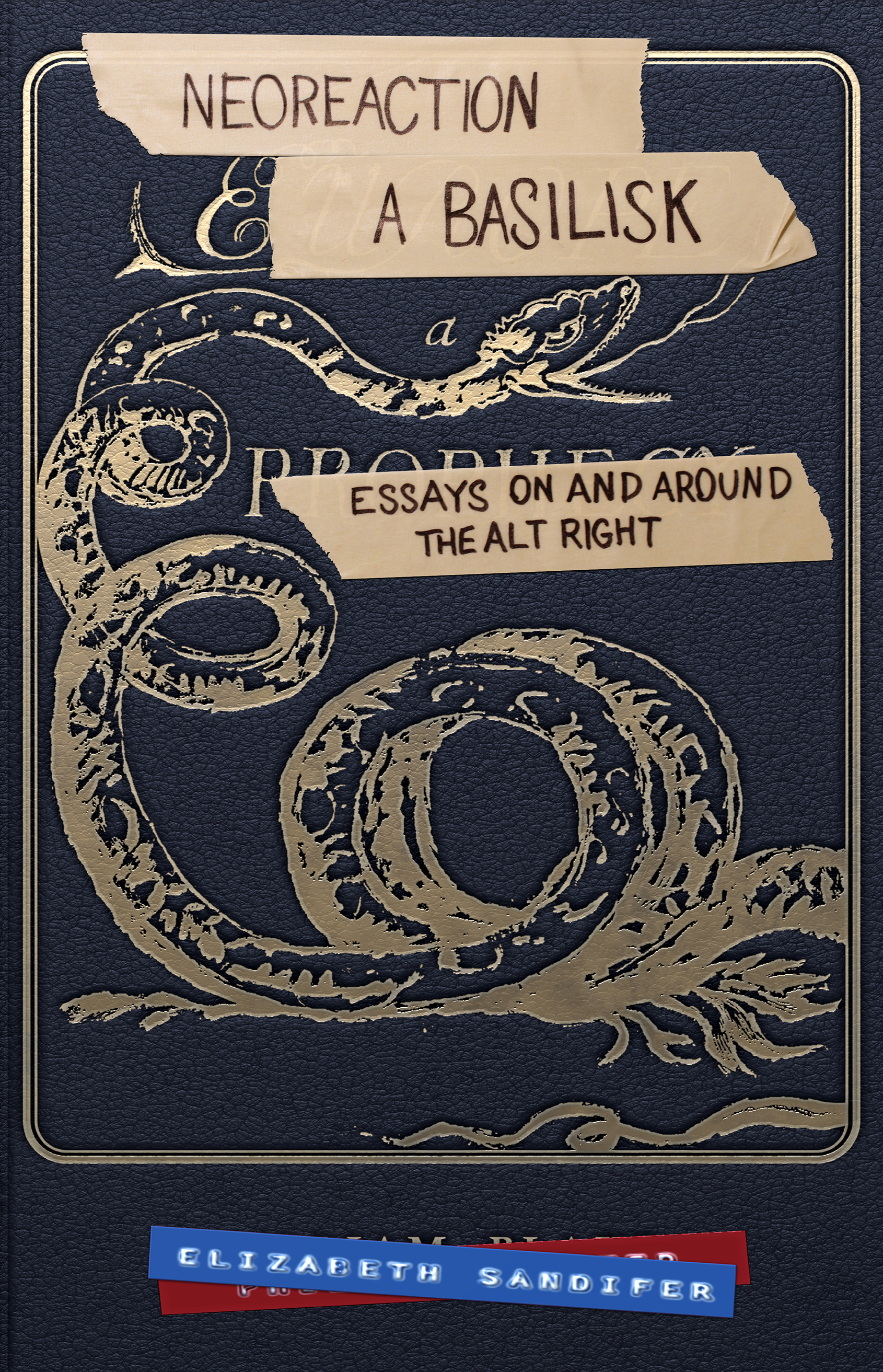They’d Still Be Tapping Out Gibberish (Time Heist)
 |
|
“So despite the fact that the best known heist movie is called Ocean’s Eleven and you’re the twelfth Doctor, they called it Time Heist.” “I don’t want to talk about it. Keep slow walking.” |
It’s September 20th, 2014. Calvin Harris and John Newman are at number one with “Blame,” with Ten Walls , Chris Brown, and Taylor Swift also charting. Since Listen bowed, the main news is that after a dramatic last minute intervention in which David Cameron, Nick Clegg, and Ed Miliband issued a joint statement called “The Vow” promising further devolution, Scotland voted to remain part of the United Kingdom, to the massive relief of Cameron, who probably would have had to resign or something if he’d called a big showy referendum like that and then lost it. Microsoft paid two billion dollars to purchase the company that created Minecraft, while a man with a knife jumped the fence at the White House and made it to the East Room before being subdued, which is rather further than you’re supposed to get doing that.
While on television, the Doctor robs a whole bank in Series Eight’s weakest episode. There are two big things sabotaging Time Heist. The first is simply that it comes after Listen. For the most part the question of whether the ultra-cautious approach that characterizes the first half of the season was a good idea is fairly uninteresting; by and large this approach worked, and there’s no real way to know what a different approach would have looked like. But after Listen it clearly became unnecessary, and moving from the confident triumph Listen to another “safe pair of hands” script that’s running on old standards doesn’t feel cautious, it feels timid. This, of course, was unavoidable. In the planning stages, there was no way to know when the turning point for Capaldi’s Doctor would be and thus how many episodes of bedding in he was going to need. So there was always the risk of staying cautious for too long.
The other problem is that Time Heist is crap, and this was entirely avoidable. Stephen Thompson has never been a particularly compelling safe pair of hands; neither Curse of the Black Spot nor Journey to the Centre of the TARDIS were particularly good, and indeed a pretty strong case can be made that they were bad. And despite Moffat apparently performing rewrites, this does nothing to surpass those expectations. Indeed, it sails noticeably below them. Thompson’s previous two efforts were weak but at least suggestive of interesting possibilities. Whenever Time Heist comes to a moment in which it should signify something, however, it draws a curious and frustrating blank.
The problems start with the supporting cast. Psi and Saibra have essentially no traits other than their plot functions. They’re one dimensional characters, stretching from the one thing they can do in the heist to the one thing they want, with no further depth whatsoever. Psi is a hacker who wants his memories back.…


 For all that the Capaldi era marks a golden age for the series, it also marked a heavy decline in the show’s mass popularity. This was, contrary to paranoiacs on GallifreyBase, not a precipitous decline into crisis—the revived series has still never gone below 30th place in the weekly rankings, which puts its cultural footprint in the general vicinity of the Letts and Hinchcliffe eras. But this is still quite the falling from being the biggest show on television. And the fall is visible outside of ratings. The merchandising explosion that peaked around Series 5 had well and truly dried up by now, with only a handful of action figures for the Capaldi era ever filtering out. (So far as I can tell, Bill never even got one.) The rush of shorts that accompanied all of the Matt Smith seasons and peaked with Night of the Doctor abruptly stopped. Even the tie-in novels, which had released at a rate of at least six a season since the show’s debut, dwindled to three per year. This is admittedly still three more novels than Line of Duty or Call the Midwife put out in a year (although Broadchurch turns out to have been surprisingly prolific), but again, it’s a step back for Doctor Who’s omnipresence.
For all that the Capaldi era marks a golden age for the series, it also marked a heavy decline in the show’s mass popularity. This was, contrary to paranoiacs on GallifreyBase, not a precipitous decline into crisis—the revived series has still never gone below 30th place in the weekly rankings, which puts its cultural footprint in the general vicinity of the Letts and Hinchcliffe eras. But this is still quite the falling from being the biggest show on television. And the fall is visible outside of ratings. The merchandising explosion that peaked around Series 5 had well and truly dried up by now, with only a handful of action figures for the Capaldi era ever filtering out. (So far as I can tell, Bill never even got one.) The rush of shorts that accompanied all of the Matt Smith seasons and peaked with Night of the Doctor abruptly stopped. Even the tie-in novels, which had released at a rate of at least six a season since the show’s debut, dwindled to three per year. This is admittedly still three more novels than Line of Duty or Call the Midwife put out in a year (although Broadchurch turns out to have been surprisingly prolific), but again, it’s a step back for Doctor Who’s omnipresence. Eruditorum Press is delighted to bring you a guest post from the esteemed Institute of Gremlins 2 Studies, which easily the most intelligent and erudite voices in media criticism and indeed any field working today. You can read their output
Eruditorum Press is delighted to bring you a guest post from the esteemed Institute of Gremlins 2 Studies, which easily the most intelligent and erudite voices in media criticism and indeed any field working today. You can read their output 
 Banks published the Culture novels in essentially three chunks during which he’d write one every other year and between which he basically didn’t touch the setting. The first, consisting of everything through
Banks published the Culture novels in essentially three chunks during which he’d write one every other year and between which he basically didn’t touch the setting. The first, consisting of everything through 
 After a rather frustrating day grappling with Amazon, we are pleased to properly announce the revised edition of Neoreaction a Basilisk is now available for sale.
After a rather frustrating day grappling with Amazon, we are pleased to properly announce the revised edition of Neoreaction a Basilisk is now available for sale. 